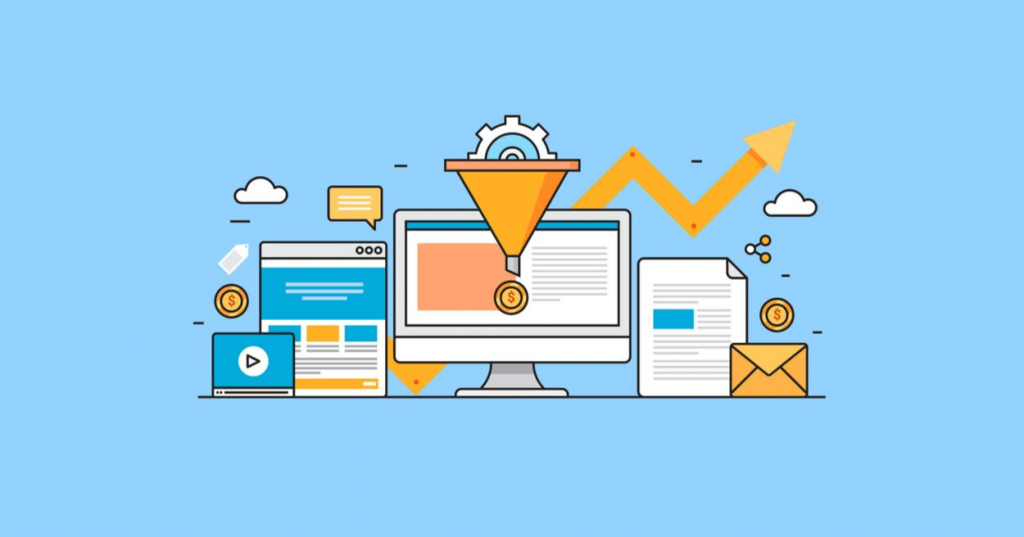The Internet has changed from being a less popular market to a highly competitive marketing environment. Reaching the top of SERPs is tough, if not impossible, in the current situation. Paid search is a viable way to increase organic traffic, although it is rarely utilised in conjunction with SEO. Even if the two come together perfectly, the amount of traffic you can acquire will stall. You would require the services of an Ecommerce Tax Accountant.
Therefore, it would be crucial to realise that while traffic is significant, turning visitors into customers is just as crucial as attracting them in the first place. If your website is not optimised for conversion, you may succeed in the “fight for visitors,” but you will “lose the war.”
Theory of website conversion rates
Conversion occurs when website visitors take a specific action that has been predetermined. Most often, this predetermined action is referred to as a goal. Therefore, conversion rate is the proportion of visitors that take the intended action or achieve the intended goal.
Websites might have multiple aims, and they all have various objectives. Your company objective determines your business aim. Common objectives include making a real purchase, submitting a sales inquiry, signing up for a free resource like a newsletter, subscribing to forthcoming promotional offers.
Website conversion could be broadly divided into three sorts depending on the goal.
- Informational Conversion: A visitor would transform into a customer when they find the information they were looking for.
- Transformational Conversion: A transformational conversion would be considered to have occurred when a visitor signs up for a free service, for instance, a newsletter.
- Transactional Conversion: A transactional conversion occurs when a real sale is made or when a firm receives money from any other activity.
The benefits of increasing conversion rates
Optimizing conversion rates makes excellent commercial sense, particularly given the current economic climate. Increasing conversion rate would boost your return on investment (ROI). Additionally, it would guarantee that every marketing dime you spend is worthwhile, and there have been many reasons to think so. The following are a few of them:
- The most common benefit is that increasing conversion rate would bring your company more clients.
- The expense of acquiring new customers will go down.
- Even if your counterparts’ websites receive more visits than yours, you can still outperform them in terms of earnings.
- Conversion rate directly correlates with your earnings and contributes to your bottom line when overheads are held constant.
Conversion optimization has been the best way to transform your site into a money making machine. Moreover, conversions would be a great mode to determine return on investment along with KPI that could not be ignored.

